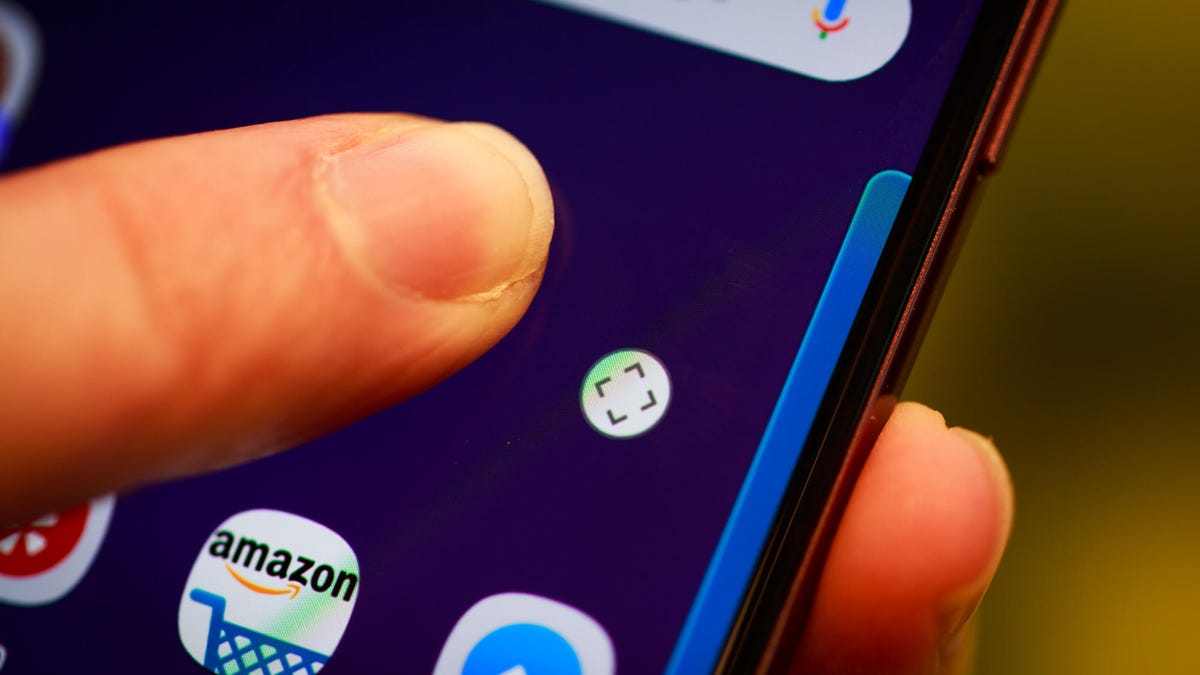The way you swipe your phone could be used to track you
Swiping right just got a lot more problematic...

We've been warned about apps that track our behaviour or store our private information, but what if your smartphone screen is betraying you?
Scientists have revealed the way you swipe, pinch and tap your smartphone screen could be used to track your identity and potentially breach your privacy .
In a research paper presented to the Privacy Enhancing Technologies Symposium in Barcelona last week, researchers from CSIRO Data61 in Australia found that "touch gestures contain sufficient information to uniquely identify and track users."
Through a purpose-built Android app, the team collected touch and gesture data, finding that writing samples can reveal 73.7 percent of information about a user and left swipes can reveal up to 68.6 percent of information.
By combining data on a person's taps, swipes and keystrokes alongside writing samples, researchers were able to reveal up to 98.5 percent of information about the user.
The team warns that this "touch-based tracking" can be used to continuously track users, both on a single smartphone and across multiple devices.
"While regular tracking tracks virtual identities such as online profiles, touch-based tracking has the potential to track and identify the actual (physical) person operating the device," the researchers wrote. "It can distinguish and track multiple users accessing the same device."
While data breaches and scandals like the Facebook Cambridge Analytica privacy debacle are making us more aware of our privacy settings, the researchers warn that privacy settings may not be enough, as plenty of apps need to collect information about gesture input that "enhance the quality of experience" on the app.
You may soon have to watch where you swipe.
Fight the Power: Take a look at who's transforming the way we think about energy.
'Hello, humans': Google's Duplex could make Assistant the m

